Description
A **Technology Basics Dictionary** is a helpful reference for understanding fundamental terms in the realm of technology. Here’s a glossary of some essential tech-related terms:
1. **Algorithm**: A set of step-by-step instructions or rules for performing a task or solving a problem.
2. **API (Application Programming Interface)**: A set of protocols, tools, and definitions for building and interacting with software applications.
3. **Artificial Intelligence (AI)**: The simulation of human intelligence processes by machines, especially computer systems. This includes learning, reasoning, problem-solving, and understanding language.
4. **Blockchain**: A decentralized digital ledger of transactions, maintained across multiple computers, that ensures security and transparency.
5. **Cloud Computing**: The delivery of computing services (such as storage, processing, and networking) over the internet, allowing for on-demand access to shared resources.
6. **CPU (Central Processing Unit)**: The primary unit of a computer that performs most of the processing inside the computer. Often called the “brain” of the computer.
7. **Cryptocurrency**: A digital or virtual currency that uses cryptography for security, making it difficult to counterfeit or double-spend.
8. **Data Encryption**: The process of converting information into a code to prevent unauthorized access.
9. **Database**: A system for storing, organizing, and managing large amounts of data in a structured manner, making it easier to retrieve, update, and manipulate data.
10. **Firewall**: A security system designed to monitor and control incoming and outgoing network traffic based on predetermined security rules.
11. **HTML (Hypertext Markup Language)**: The standard language used to create and structure web pages and web applications.
12. **IoT (Internet of Things)**: The interconnection of everyday objects to the internet, allowing them to collect and exchange data.
13. **Machine Learning (ML)**: A subset of AI where machines learn patterns from data to make predictions or decisions without explicit programming.
14. **Operating System (OS)**: Software that manages hardware resources and provides services for computer programs. Examples include Windows, macOS, and Linux.
15. **Open Source**: Software that is made available with a license that allows users to view, modify, and distribute the source code.
16. **RAM (Random Access Memory)**: A type of computer memory that can be accessed randomly. It temporarily stores data and instructions that the CPU needs while performing tasks.
17. **Router**: A device that forwards data packets between computer networks, directing traffic on the internet or a local network.
18. **Virtual Reality (VR)**: A simulated experience, often involving immersive 3D environments, created through computer technology.
19. **Wi-Fi**: A wireless networking technology that allows devices to connect to the internet and communicate with each other over short distances.
20. **Blockchain**: A decentralized digital ledger of transactions, maintained across multiple computers, that ensures security and transparency.
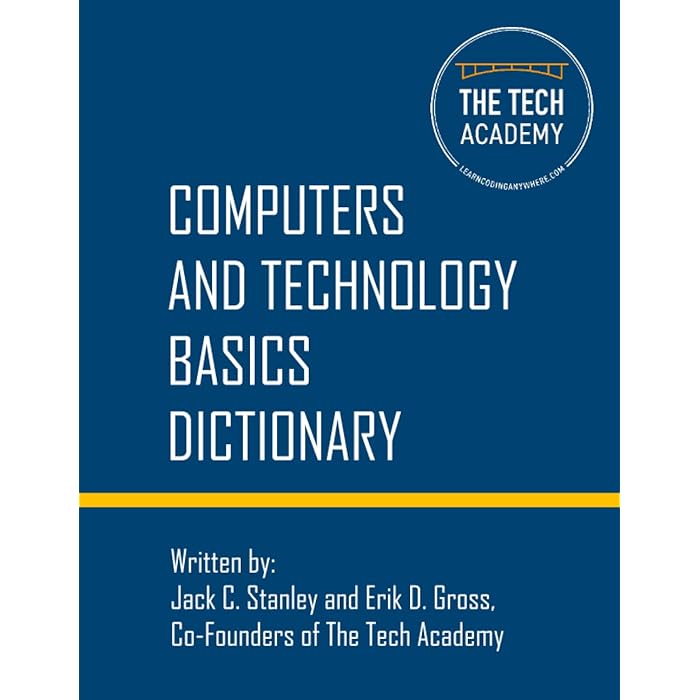
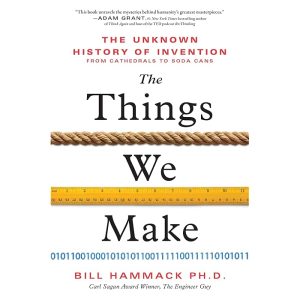
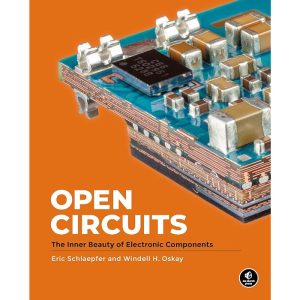
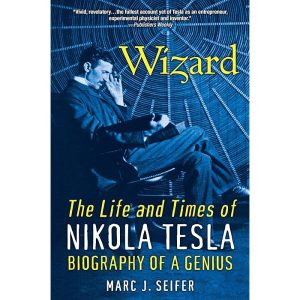
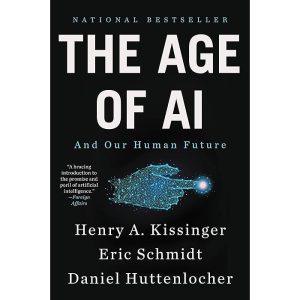
Reviews
There are no reviews yet.